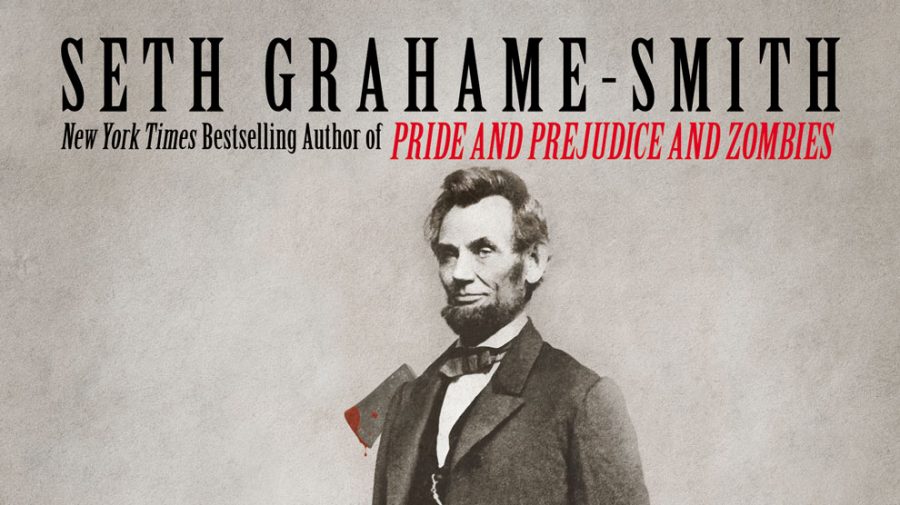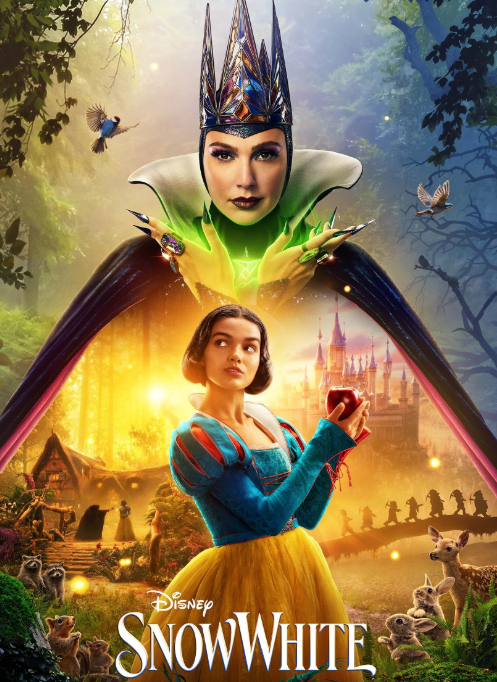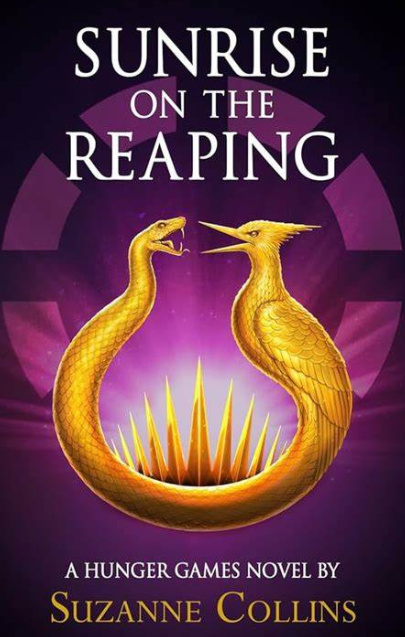Armed with a flame gun, an axe and an unshakeable conviction in the rightness of his cause, the 16th President of the United States stands ready to fight for the nation his fathers brought forth four score and seven years ago—a nation free from the tyranny of vampires.
In the grand tradition of completely making things up and then pretending you have historical documentation, author Seth Grahame-Smith brings us his latest masterpiece (and I use the term very, very broadly), “Abraham Lincoln: Vampire Hunter.” The history is atrocious; the explanations are reductive; and suspension of disbelief while reading is patently impossible. But isn’t that the case for all conspiracy theories? And I guarantee you’ve never heard anything like this one before.
Grahame-Smith made waves some years ago with the publication of “Pride and Prejudice and Zombies.” Protectors of the Jane Austen canon were outraged. Fan fiction writers quailed at the thought that Mr. Darcy, the object of their ardent affections, might be undead! Book critics, wiping misty tears of frustration from their horn-rimmed glasses, bemoaned the public’s abysmal literary taste (or lack thereof). Voltaire and Mark Twain rolled over in their graves, and then, realizing that the novel was about zombies after all, thought better of it. I mean, the book wasn’t even satire! But readers enjoy an iconoclast, and shattering Jane Austen fans’ smug propriety was undoubtedly part of the appeal.
“Abraham Lincoln: Vampire Hunter” seems to cause a similar sort of furor, a riotous mix of anger and enthusiasm. And with the title so refreshingly transparent, I don’t even need to include a plot summary to explain why.
Elementary school social studies teachers taught us that “Honest” Abe Lincoln was born in a log cabin somewhere in backwoods Kentucky. In American popular mythology, he epitomizes the everyman who rose to the highest position of power in the land (contemporaries might have given the honor to Andrew Jackson, but that whole Trail of Tears thing has understandably disillusioned modern Americans).
Grahame-Smith tells us that Lincoln was traumatized as a child by the death of his mother at the hands of rapacious vampires. American civ professors emphasize the complexity of causes leading up to the Civil War. Grahame-Smith informs us that it was little more than Lincoln’s fanatic fight against vampire slaveholders. And all this on the basis of a “lost journal” that somehow fell into his possession, along with a handful of doctored photos scattered throughout the novel.
As a history major, I find the idea repulsive. But this book isn’t meant to be taken seriously. It isn’t meant to be an enduring classic. And, unless I have seriously overestimated the American public, there isn’t going to be a “DaVinci Code” debacle like we saw in 2003. Like he did with Jane Austen in “Pride and Prejudice and Zombies,” Grahame-Smith is parodying the conventions of biography itself.
Hey, maybe this is satire after all.
Most of the humor of the novel comes from the ridiculous juxtaposition of an absurd plot with Grahame-Smith’s staid, stuffy, David McCullough-esque writing style. He doesn’t break character for so much as a sentence, and halfway through readers might find themselves accepting Abe Lincoln’s flame gun as an accessory as natural as his stovepipe hat.
Ultimately, I’m ambivalent about “Abraham Lincoln: Vampire Hunter.” But I will say one thing in its favor: at least the vampires don’t sparkle.
Readers might also like… “The McSweeney’s Joke Book of Book Jokes” by McSweeney’s; “Android Karenina” by Leo Tolstoy and Ben Winters; “The Zombie Survival Guide” by Max Brooks.









